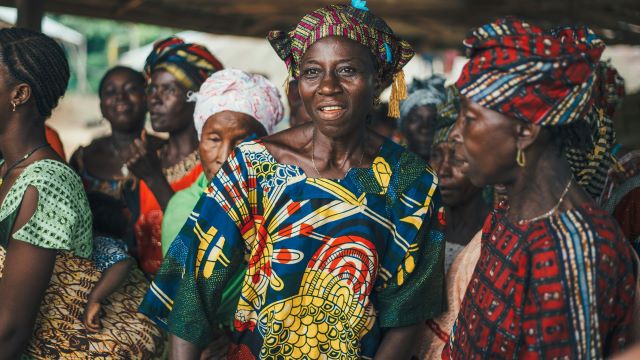In the hill country of Burundi, the rhythm of life is often measured not by the clock but by the presence of others. Morning light spills across terraced fields, where entire families work shoulder to shoulder, their voices carrying across the valleys. In towns and villages alike, the idea of family extends far beyond the walls of a single household. Here, kinship is not a narrow construct; it is the social fabric itself.
Family structures in Burundi encompass multiple generations and branches, often including not only parents and children but grandparents, aunts, uncles, cousins—and, at times, close friends considered no less than kin. In moments of hardship, whether from economic strain or personal loss, this network forms an unspoken safety net. Responsibilities are shared, burdens distributed, and victories celebrated collectively.
Elders hold a position of deep respect. Their counsel shapes major decisions, from land disputes to marriage arrangements. In shaded courtyards, grandmothers teach the intricacies of ubugari preparation, while grandfathers recall episodes from the nation’s past, passing down not just memories but a sense of belonging. These intergenerational exchanges preserve language, custom, and shared history.
Marriage itself is a communal event, less the story of two individuals than of two extended families joining together. Weddings are often days-long affairs filled with song, dance, and the exchange of symbolic gifts. The approval and participation of relatives ensure that new unions are woven into a larger web of tradition and mutual obligation.
Child-rearing follows the same collective ethos. It is common for an aunt to take a nephew to school or for an older sibling to guide a younger one through a seasonal harvest. Such practices foster a sense of community from an early age, teaching that care and responsibility are shared endeavors.
Even as Burundi faces persistent economic challenges, including reliance on subsistence farming, the family unit remains central to resilience. Fields are tended as a group; harvest seasons become both work and celebration. Those who migrate to urban centers for education or employment rarely sever ties to rural homes, sending remittances and returning for festivals and planting seasons.
Globalization and urbanization have brought subtle shifts, particularly among younger generations influenced by outside cultures and modern technology. A gradual move toward individualism is evident in some areas, yet the pull of family remains strong. Tradition, here, is less a rigid relic than a living practice, adapting while holding fast to its core values.
In Burundi, family is less a private circle than a public institution—an enduring network of support, obligation, and belonging. In its strength lies a quiet lesson: that unity, once woven into daily life, can endure across seasons, generations, and change itself.
Sources:
- Nkurunziza, Janvier D. The Social Fabric of Burundi: Tradition, Family, and Change. African Studies Review, 2019.
- United Nations Development Programme. Human Development Report: Burundi. UNDP, 2022.
- Chrétien, Jean-Pierre. Burundi: Ethnography of a Small African Country. University of Wisconsin Press, 2003.

